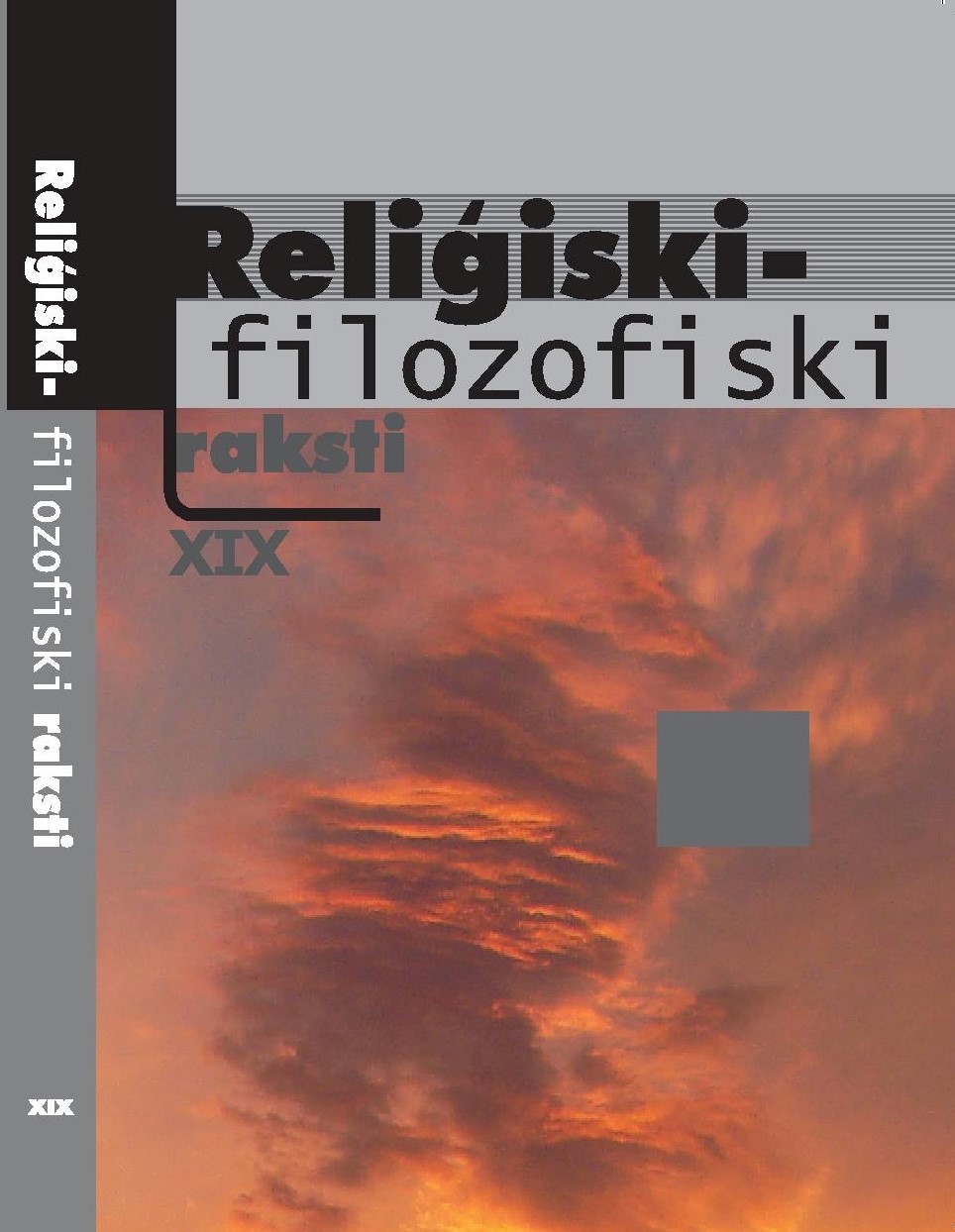Dievs un esamība Heidegera Cīrihes sarunā. Letoras un Cēringenes Semināros
God and Being in Heidegger’s Zürich Talk. Le Thor and Zähringen Seminars
Author(s): Raivis BičevskisSubject(s): Philosophy of Religion, Systematic Theology
Published by: Latvijas Universitātes Filozofijas un socioloģijas institūts
Keywords: Heidegger;
Summary/Abstract: Martin Heidegger is a thinker the impulses of whose thought keep nourishing not only the philosophical but also scientific, literary and artistic reflection as from the twenties of the 20th century to the present day. This influence has not been contained within the limits of the German language milieu; it has spread far and wide in Europe and in the world, religious and denominational divisions notwithstanding. This last feature could be assumed to be the most surprising one in view of the fact that he is a thinker whose religious experience is not an indirect one. His Catholic extraction and his relations with the Roman Catholic faith is a much discussed theme of the Heideggerian scholarship. In a similar vein – Heidegger`s influence upon some of the well-known Protestant theologians (at least from the self-assessment of the scholars of the younger generation) has also been a topical issue. Such a wide-ranging theme as “Understanding of Christianity in the Works of M. Heidegger” (and such sub-topics as “Heidegger and Early Christianity”. “Heidegger and the Middle Ages”, “Heidegger and the Mystic Tradition”), as well as “Heidegger in the Context of the Dialogue of Religions”, “Heidegger and Spiritual Praxes in Europe and in the World”, or even such an extensive theme as “Heidegger and the Religious Experience” – all indicate that he has been considered to be a thinker with a profound understanding of the religious life. It has to be stressed that all these themes bespeak of a deep understanding of religious experience, but – to an even greater degree – they are charged with specific Heideggerian understanding of philosophy and thinking. The present article attempts to follow (1) the line of these deliberations leading on to the main theme, and (2) to delineate the interconnection between these two lines of thought.
Journal: Religiski-filozofiski raksti
- Issue Year: XIX/2015
- Issue No: 2
- Page Range: 44-63
- Page Count: 18
- Language: Latvian

